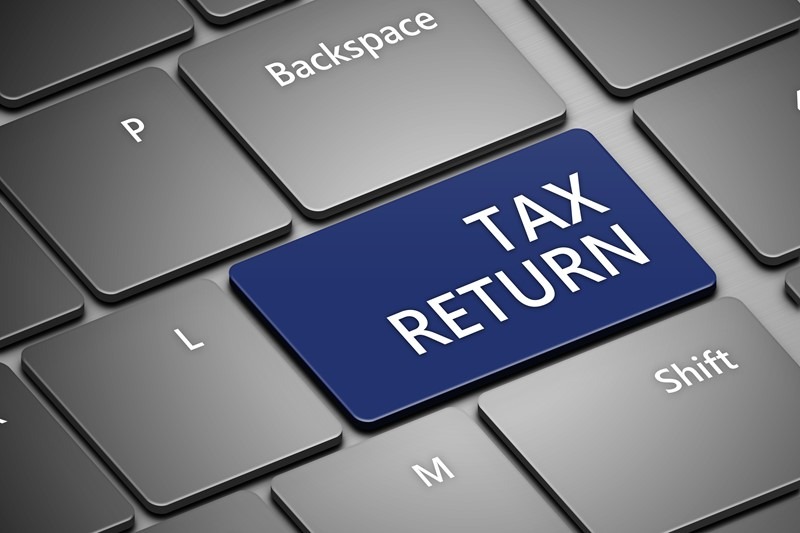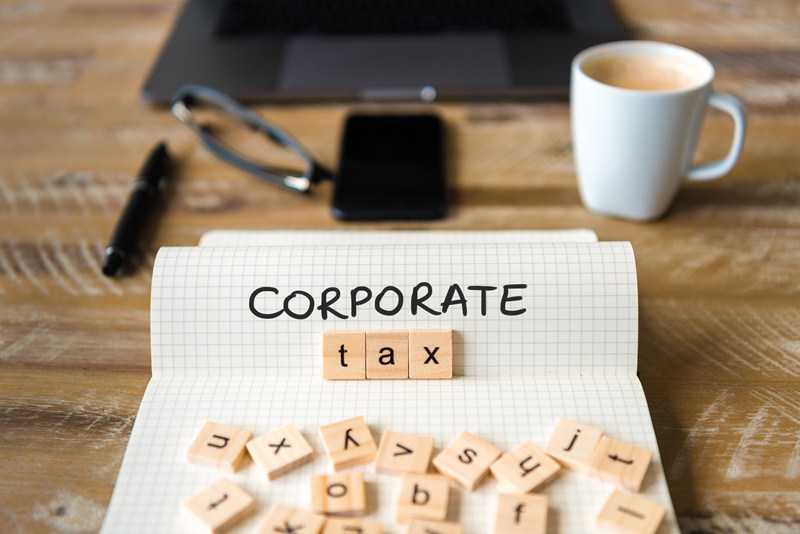Restarting a dormant or non-trading company

HMRC must be informed when a non-trading or dormant company starts trading and becomes active for Corporation Tax purposes. Companies can use HMRC Online Services to supply the relevant information.
When a company has previously traded and then
Full expensing of capital purchases

A reminder to readers that the full expensing 100% first-year capital allowance for qualifying plant and machinery assets came into effect last April. To qualify for full expensing, expenditure must be incurred on the provision of “main
New tax credits for film, TV and game makers

A number of reforms to tax reliefs for the creative sectors came into effect from 1 January 2024. Under the reformed system, a children’s TV production, animated TV production or film with £1 million of qualifying expenditure will receive an
More time to file company accounts

The normal filing deadline for filing the accounts of a private limited company is nine months after the company’s financial year end. Known as the accounting reference date. For example, many companies have a year-end date of 31 March and are
Corporation Tax marginal rate

The Corporation Tax main rate for companies with profits in excess of £250,000 increased to 25% on 1 April 2023. A Small Profits Rate (SPR) of 19% was also introduced from the same date for companies with profits of up to £50,000 ensuring these
Tax relief for R&D intensive SMEs

In the Autumn Statement it was announced that the existing R&D Expenditure Credit and Small and Medium Enterprise Scheme will be merged from April 2024.
It was also confirmed that there will be an enhanced regime for R&D intensive SMEs. The
Company tax return obligations

After the end of its financial year, a private limited company must prepare full annual accounts and a company tax return. In most cases a company’s tax return must be submitted within 12 months from the end of the accounting period it covers. Online
What is a business repair?

HMRC’s internal manuals provide some useful information on the definition of a business repair. This is important because it is required to identify the asset on which work has been carried out.
This is because:
the cost of repairing a worn or
Accounting periods for Corporation Tax

Companies often have two different company accounting periods. This is because there are different rules for Companies House filings and for returns sent to HMRC.
The accounting periods can be the same but can also differ and a change may need to be
Utilising Capital Gains Tax losses

Usually, if you sell an asset for less than you paid for it you would make a capital loss. As a general rule, if the asset would have been liable to CGT had a gain taken place, then the loss should be an allowable deduction.
The exact treatment of
